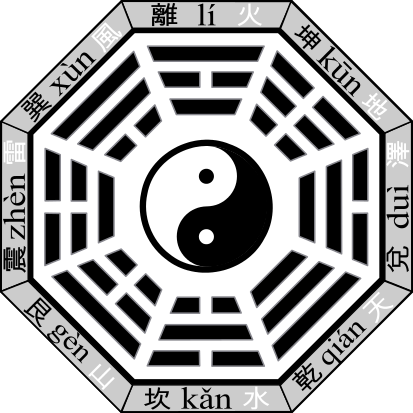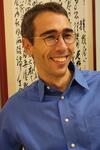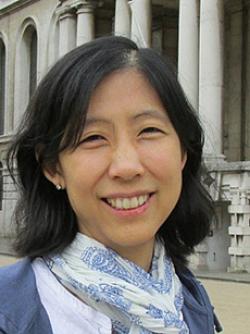HUMS 270, The Chinese Tradition

Course Description:
An introduction to the core texts of the Chinese tradition, through which we will trace the development of Chinese literature, thought, and political theory from ~1200 BCE to the collapse of the imperial system in the early 20th century. The intellectual work of the course is close analysis of primary sources, informed by historical knowledge. There are no prerequisites. There is no enrollment cap.
After you take this course, you will have:
- strengthened your ability to read and analyze all texts;
- acquired a base for classes in the humanities;
- learned some things that a citizen of the world should know.
Led by:
 |
Professor Lucas BenderI am a scholar of Chinese literature and thought, specializing in the medieval period (roughly 200 CE through 1100). I am most interested, these days, in the question of what positive conclusions we can draw from the vast amount we don’t know. This theme is at the core of my first book, on the Tang poet Du Fu 杜甫 (712–770), and it is also central to my second book project, on the much-remarked but little-studied “pluralism” of medieval China. I am also interested in the question of how the medieval Chinese tolerance for obscurity eventually gave way in important cultural arenas to a more optimistic account of our capacity for knowledge. In exploring these questions, I focus primarily on the intersection of thought and literature. Literary and poetic forms seem to me (and seemed to important Chinese writers, like Du Fu) particularly well suited to navigating a world we do not always understand. At the same time, however, the obscurities of the world and of ourselves were also important themes in all of the major strands of medieval Chinese thought, from Xuanxue 玄學 (“Obscure Learning”) to Buddhism, Daoism, and even Classicism (or Confucianism). Accordingly, I am interested in the ways ideas from all these traditions are invoked both in literature and in understanding literature. Most recently, I have begun to explore the question of how these traditions thought about each other, how they justified themselves in the sometimes contentious intellectual spaces they shared, and how they related themselves to those obscurities onto which they each claimed a different vantage. In the future, I hope to continue pursuing related issues by exploring how “literature” and “philosophy” came to diverge in premodern China, and what role the tragic character of human life played in differentiating those traditions. At Yale, I am an assistant professor in the Department of East Asian Languages & Literatures and a member of the Executive Committee for the Yale College Humanities Program. In these departments, I teach courses on premodern Chinese culture generally, Chinese literature from the Han dynasty through the Song, Chinese philosophy, and (occasionally) comparative topics. Though the engrossing difficulty of medieval Chinese texts has made me a specialist, I maintain an abiding interest in comparative religion and comparative philosophy, and am always excited to explore possible projects that would expand my horizons in those areas. |
alternates with:
 |
Professor Tina LuProfessor Lu’s research and teaching focus on the literature of late imperial China, from around 1550 to around 1750. Major publications include Persons, Roles and Minds (Stanford, 2001), Accidental Incest, Filial Cannibalism, and Other Peculiar Encounters in Late Imperial Chinese Literature (Harvard East Asian Monographs, 2009), a book-length chapter on late Ming literary culture in The Cambridge History of Chinese Literature, v.2, and a co-edited volume on Approaches to Teaching The Story of the Stone (MLA). She is currently working on three projects: a book already drafted on how late imperial people conceived of objects and materiality, a collaborative project on the sixteenth-century playwright and painter Xu Wei, and a major digital initiative that will enable collaborative philological work. |